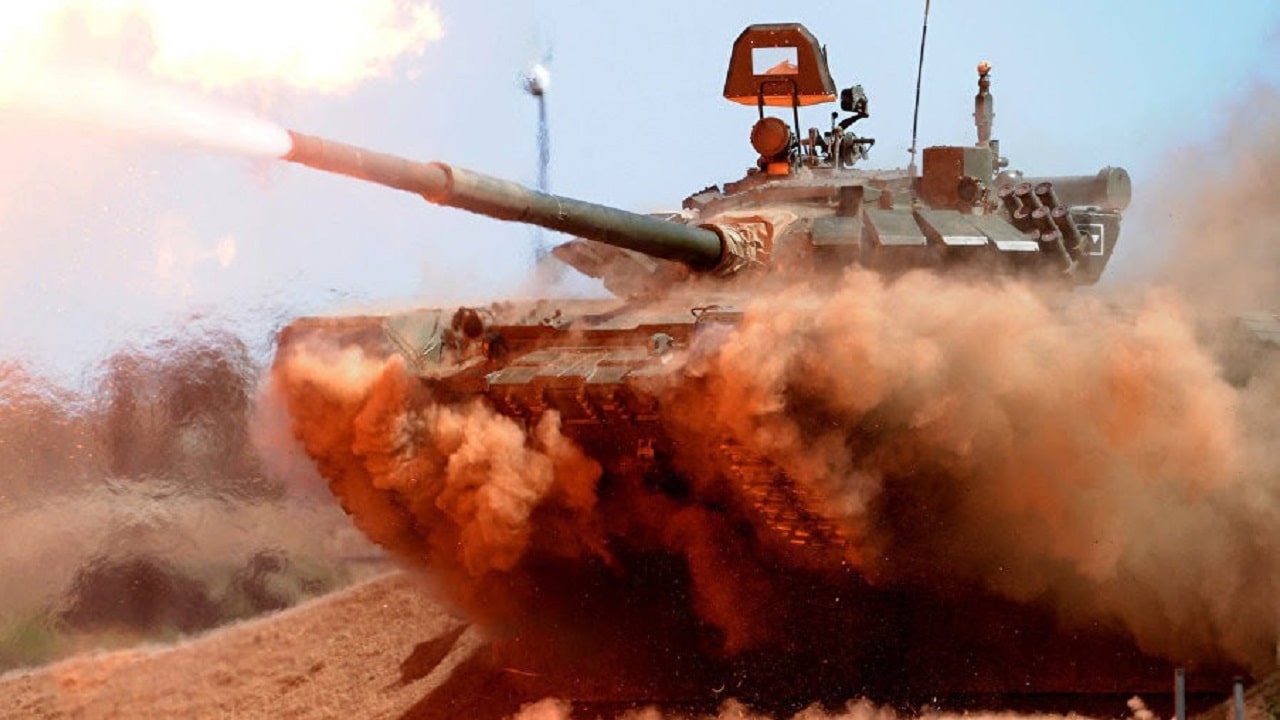Will Russian President Vladimir Putin commit genocide in Ukraine? The short answer is that he already has, at least according to the definition provided by the Convention on the Prevention and Punishment of the Crime of Genocide:
“[G]enocide means any of the following acts committed with intent to destroy, in whole or in part, a national, ethnical, racial or religious group, as such: Killing members of the group; Causing serious bodily or mental harm to members of the group; Deliberately inflicting on the group conditions of life calculated to bring about its physical destruction in whole or in part….”
The Ukrainians are a national group, and Putin has made no secret of his desire to destroy them in whole or in part. And as the shelling of civilian targets by Russian artillery and planes demonstrates, he is intentionally killing Ukrainians, causing serious harm, and aiming to bring about their physical destruction.
In sum, Putin is a genocidal criminal who must be treated as such by the international community. In effect, he deserves no more respect or tolerance than Adolf Hitler.
The real question is therefore this: just how far will Putin go with his ongoing genocide? Will he confine himself to several hundred thousand dead Ukrainians or shoot for millions?
There are several compelling reasons to think that Putin may aim for the latter target.
First, Russia’s rogue dictator detests Ukrainians with a passion. When he speaks of them, his breathing becomes more rapid, his eyes become more determined, his jaw becomes more rigid. It’s obvious that the mere thought of Ukrainians produces paroxysms of hatred that he feels impelled to suppress.
His revealing body language is complemented by his use of genocidal language. Ukrainians either don’t exist or don’t deserve to exist or, if they are acknowledged existing, then they are “fascists” and “Nazis.” The charge would be laughable, in light of Ukraine’s president, Volodymyr Zelensky, being Jewish, were it not for the fact that Putin insists that Ukraine be “de-Nazified”—by which he means “de-Ukrainianized.” According to Putin’s vision, either Ukrainians must lose their national identity and become southern Russians or they must lose their lives. Since Putin doesn’t trust Ukrainians—they are, in Russian imperialist lore, “sly”—killing them is the only really effective way of keeping them subservient.
Ukrainians are to Putin as Jews were to Hitler: a menace that must be exterminated. Unsurprisingly, one of Putin’s leading propagandists has even suggested that Ukrainians be subjected to a “final solution.”
Second, Putin is a violent man who understands, appreciates, and reveres violence. As a former KGB officer, he internalized the secret police’s values and obviously approved of its bloody history of terrorizing the Soviet population, supplying the Gulag with millions of inmates, cracking down on dissidents, and killing political opponents. Like other KGB officers, he venerated Lenin’s creation, the Cheka, which unleashed the Red Terror in 1918-1919.
Killing Ukrainians is not Putin’s first foray into mass murder. It was on his watch that the Russian secret police set off bombs in 1999 in several Russian cities that took the lives of 350 people and served as a pretext for the Second Chechen War. It was during that war that Putin ordered Chechnya’s capital city, Grozny, to be leveled, with no regard for human life. Indeed, the devastation rained down on Chechnya surely qualifies as genocide.
Finally, there is the logic of war. Putin invaded Ukraine thinking that the Ukrainians would lay down their arms and run, enabling a smiling Putin to declare victory and receive accolades from adoring Ukrainians. Instead, the invasion has turned into a bloody slog. The Ukrainian army is putting up a good fight, the population roundly detests him and has no intention of surrendering, and a bloody and costly guerrilla insurgency would surely erupt if the army is defeated and Putin installs a puppet regime.
The resulting quagmire would require close to a million occupying troops, billions of dollars, and continued sanctions-induced economic stagnation. How much easier would it be to eliminate the Ukrainians once and for all! Having already committed genocide and met no punitive response from the rest of the world, why not go for it again?
If this dire scenario comes to pass, it will be up to the Russians and the West to stop him. If they don’t, then we will all be co-responsible for a second Holocaust, and “Never again!” will have proven to be an empty slogan.
Dr. Alexander Motyl is a professor of political science at Rutgers-Newark. A specialist on Ukraine, Russia, and the USSR, and on nationalism, revolutions, empires, and theory, he is the author of 10 books of nonfiction, including Pidsumky imperii (2009); Puti imperii (2004); Imperial Ends: The Decay, Collapse, and Revival of Empires (2001); Revolutions, Nations, Empires: Conceptual Limits and Theoretical Possibilities (1999); Dilemmas of Independence: Ukraine after Totalitarianism (1993); and The Turn to the Right: The Ideological Origins and Development of Ukrainian Nationalism, 1919–1929 (1980); the editor of 15 volumes, including The Encyclopedia of Nationalism (2000) and The Holodomor Reader (2012); and a contributor of dozens of articles to academic and policy journals, newspaper op-ed pages, and magazines. He also has a weekly blog, “Ukraine’s Orange Blues.”

